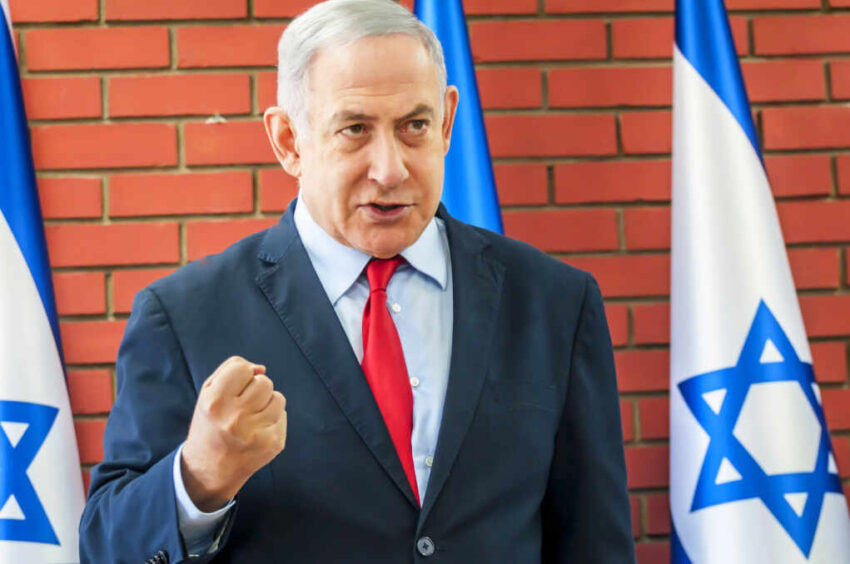As Iran’s missile attacks rock Israeli cities—including deadly strikes on Petah Tikva—the residents rally behind their government’s offensive and brace for a long conflict.
At a Glance
- Over 400 Iranian missiles struck Israeli cities following Israeli strikes on Iran’s nuclear sites.
- A missile hit Petah Tikva, killing four civilians and damaging multiple homes.
- Support for Israel’s Operation Rising Lion remains strong in public opinion.
- Israelis are regularly entering shelters, stockpiling essentials, and demanding government action.
- Prime Minister Netanyahu vowed to continue strikes until Iran’s nuclear ambitions are rolled back.
Living Under Fire
As Iranian missiles poured into Israeli cities on June 16–17, civilians again rushed into bomb shelters—some for the fourth consecutive night. In Petah Tikva, a missile struck a residential building, resulting in four confirmed deaths and substantial home damage. Many residents said they would “rather endure the rockets than let Iran build a bomb.” Public morale remains robust, illustrated by solidarity messages on social media and Israeli flags flying across neighborhoods.
Watch a report: Mapping Strikes in the Iran‑Israel Conflict.
Rallying Behind Operation Rising Lion
Prime Minister Netanyahu has received strong domestic backing after vowing to continue targeting Iran’s nuclear infrastructure. “More is coming,” he declared, promising to set back Iran’s program “for a very, very long time,” according to AP News. Public polling indicates that over 70% of Israelis support Operation Rising Lion despite civilian casualties and the risk of a wider regional war.
Israel’s offensive, bolstered by Mossad-led AI-driven targeting and precision drone strikes, has become a focal point of national unity—even as experts caution against escalation. Access‑Now reported extensive use of military-grade AI coordination systems.
Bracing for More, But Unbowed
From Tel Aviv and Haifa to suburban towns like Petah Tikva, residents are adapting to ongoing air raid sirens, seeking shelter, and stocking up on supplies as the conflict shows little sign of abating. A Tel Aviv resident shared with The Washington Post: “There is no choice. If we stop now, Iran wins. We have to see this through.” Their resolve, despite exhaustion, reflects a national commitment to prevent Iran from gaining nuclear capability.
U.S. Support Raises the Stakes
The U.S. has stepped in with stern warnings. According to Reuters, President Biden called for “maximum pressure” on Iran and encouraged Tehran’s citizens to distance themselves from their government’s actions. Many Israelis find reassurance in Washington’s backing, though they recognize that the conflict’s burden rests at home for now.
With the possibility of more Iranian missile launches and ongoing Israeli airstrikes, citizens prepare for a protracted fight—united in resolve, yet haunted by the war’s human costs. For many, preventing an Iranian nuclear threat demands continued resilience.
Click this link for the original source of this article.
Author: Editor
This content is courtesy of, and owned and copyrighted by, https://deepstatetribunal.com and its author. This content is made available by use of the public RSS feed offered by the host site and is used for educational purposes only. If you are the author or represent the host site and would like this content removed now and in the future, please contact USSANews.com using the email address in the Contact page found in the website menu.








